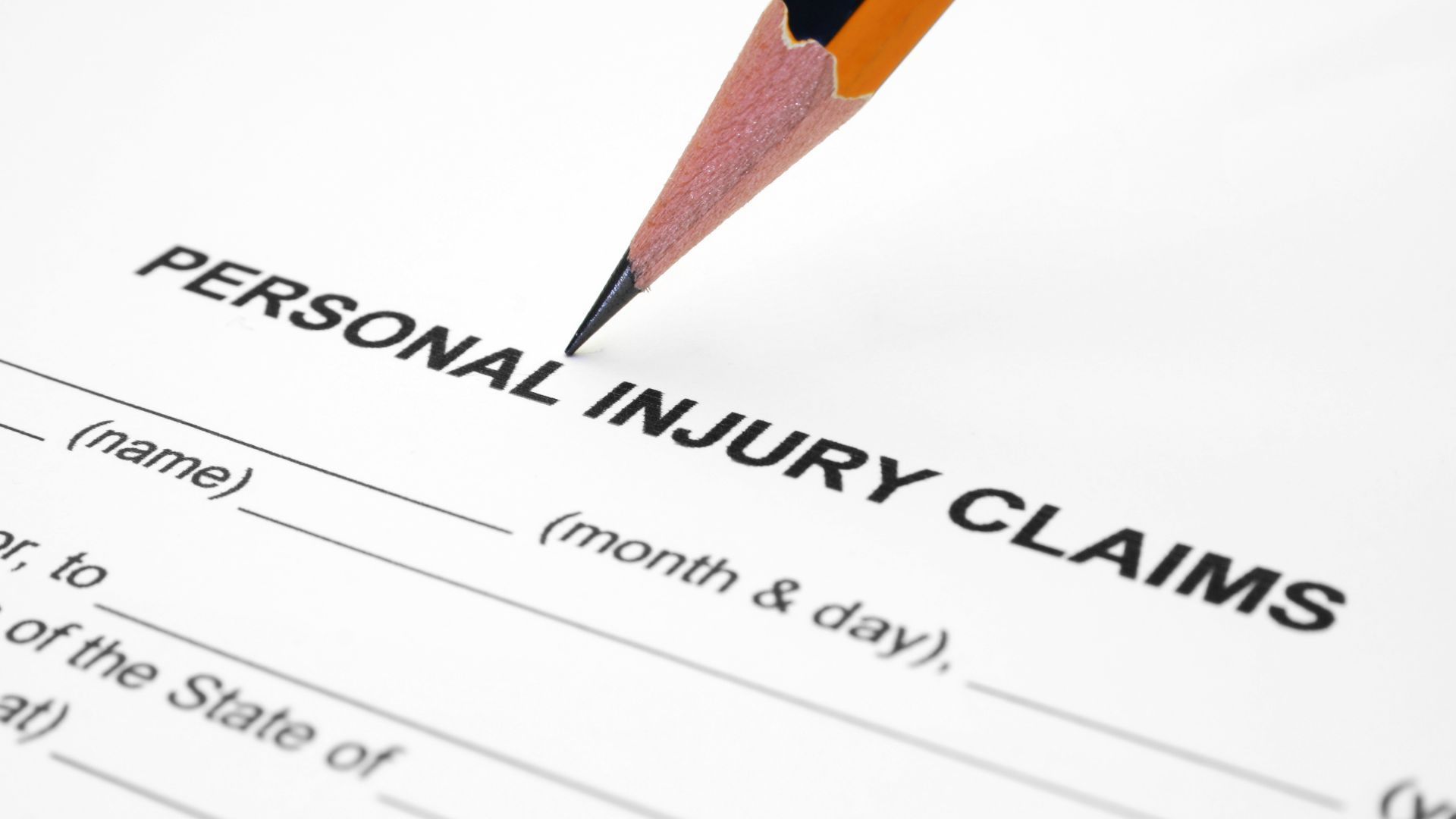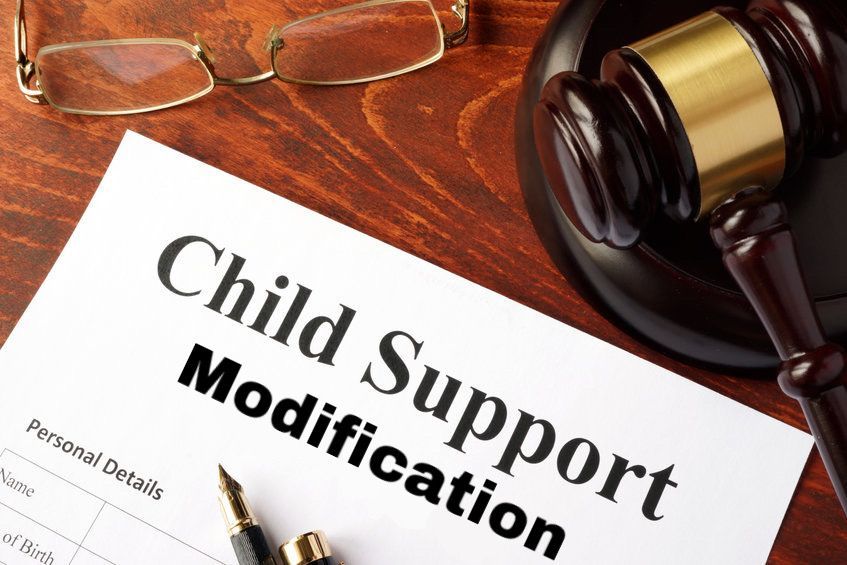Inman & Tourgee Attorneys At Law
Read Our Blog
Read Our Blog

How Are Personal Injury Damages Calculated? A Clear Guide to Settlement Value and Compensation Personal injury damages quantify the legal and monetary remedies a person can recover after an injury caused by another's negligence. This guide explains how damages are categorized, the valuation methods commonly used in claims, and the Rhode Island–specific factors that affect settlement value so readers can understand what to expect. Many claimants struggle with how to document losses, present future needs, and convert subjective harms such as pain and suffering into a settlement figure; this article shows practical approaches to those problems. You will learn the main damage types—economic, non-economic, and punitive—the multiplier and per diem methods for valuing pain and suffering, and which pieces of evidence matter most in Rhode Island claims. The guide also reviews key drivers of settlement value like injury severity, liability, insurance limits, and comparative negligence under Rhode Island rules. Finally, it outlines how a local personal injury attorney can strengthen calculations through evidence collection, expert valuation, and negotiation strategies. What Are the Different Types of Personal Injury Damages? Personal injury damages fall into three principal categories that together determine total compensation: economic damages reimburse quantifiable financial loss, non-economic damages compensate subjective harms, and punitive damages punish particularly reckless conduct. Understanding these categories clarifies what losses are recoverable and what evidence will support each. Below is a concise list that defines each category and gives common examples that typically appear in Rhode Island cases. Economic Damages: Tangible financial losses such as medical bills, lost wages, and property damage that are documented by receipts and records. Non-Economic Damages: Intangible harms such as pain and suffering, emotional distress, and loss of enjoyment of life, which require narrative and medical corroboration. Punitive Damages: Extra compensation meant to deter egregious conduct; applicable only when misconduct is willful, wanton, or malicious. What Are Economic Damages and How Are They Calculated? Economic damages are calculated by totaling all verifiable financial losses caused by the injury and projecting future costs when necessary. To compute past medical expenses you add itemized bills, prescription costs, and rehabilitation invoices; to calculate lost wages you document pay stubs and employer records showing hours and salary lost due to the injury. Future medical expenses and lost earning capacity require expert estimates and present-value calculations that convert future streams of cost into today’s dollars. Claimants should obtain a complete set of medical records, billing statements, employment records, and any receipts for out-of-pocket costs, because clear documentary support makes economic claims straightforward to quantify. Collecting these items early strengthens both settlement negotiations and courtroom presentation, and it naturally leads into valuing less tangible harms such as pain and suffering. How Are Non-Economic Damages Like Pain and Suffering Determined? Non-economic damages compensate for subjective harms and are determined using valuation methods that translate hardship into monetary terms, supported by medical and testimonial evidence. Because pain and suffering lack precise invoices, attorneys and adjusters rely on approaches like the multiplier and per diem methods, as well as narrative evidence from treatment notes, mental health records, and daily-impact descriptions. Courts and insurers consider factors such as injury severity, duration, permanence, and the claimant’s pre-injury life when assigning value; corroborating documentation increases credibility. Establishing a clear, chronological treatment record and patient reports of functional limitations helps convert subjective suffering into a defensible number. The next section explains the principal methods used to perform that conversion and provides worked examples. What Methods Are Used to Calculate Pain and Suffering in Personal Injury Claims?

Essential Steps to Take Immediately After a Personal Injury Accident for Your Protection A personal injury accident is any event where someone is harmed physically due to another party’s actions or unsafe conditions, and the immediate actions you take can affect both your recovery and your legal options. This article explains what to do on-scene, how to document injuries and property damage, when to involve law enforcement or employers, and how to preserve evidence needed for an insurance claim or lawsuit. Many people underestimate the legal importance of early steps—prompt medical evaluation, accurate scene documentation, and careful insurer communication all protect your right to compensation. You will find a prioritized on-scene checklist, guidance on reporting and evidence preservation, advice on when to consult a Rhode Island personal injury lawyer, and suggested scripts for talking with insurers. The guidance focuses on practical, Rhode Island–relevant steps like timely filing and preserving records so you don’t lose rights under local deadlines. Read on to follow a clear sequence of actions that combine health protection with claim preservation. What Are the First Actions to Take Right After a Personal Injury Accident? Begin by ensuring immediate safety and calling emergency services if anyone is seriously injured; quick stabilization and professional medical care reduce health risks and create critical records. Next, gather basic scene information and start contemporaneous documentation—photos, videos, and notes with times to support later causation and damages claims. Also, exchange contact and insurance information when appropriate, but avoid admitting fault; factual statements and documented observations preserve options without creating admissions. These initial actions set the stage for reporting, evidence preservation, and later communication with insurers or attorneys, which the next sections address in detail. When you need a quick checklist, these five actions protect health and legal rights: Call 911 if there are serious injuries or hazards at the scene. Seek or accept medical evaluation even for seemingly minor injuries to document harm. Photograph and video the scene, injuries, vehicle/property damage, and environmental factors. Collect names and contact details of witnesses and record short statements if possible. Notify your insurer per policy requirements without speculating about fault. These prioritized steps create contemporaneous records that support medical care and future claims, and the next section explains how to formalize reporting and preserve evidence. How Should You Prioritize Safety and Seek Medical Attention? Prioritizing safety means removing yourself from imminent danger when possible and calling emergency responders for severe injuries; stabilizing care and timely transport to medical providers creates essential contemporaneous records. Even when injuries initially seem minor, ask for a medical evaluation and insist that symptoms be documented in writing to establish causation. Keep all treatment records, prescriptions, diagnostic tests, and billing statements together, and follow prescribed care so your recovery and claim both proceed with clear documentation. Preserving medical evidence directly supports later claims and leads naturally into why prompt evaluation matters for both health and legal protection. Why Is Prompt Medical Evaluation Crucial for Your Health and Legal Protection? Prompt medical evaluation documents injuries close in time to the accident, which strengthens causation and prevents insurers from arguing delayed onset undermines your claim. Early treatment reduces the risk of complications and provides objective records—notes, images, and billing—that quantify damages and future medical needs. Insurers often scrutinize gaps between an accident and treatment, so immediate care protects health while preserving evidentiary integrity. Understanding this link between treatment and proof leads to the next section on formal reporting and scene documentation. How Do You Properly Report the Accident and Document the Scene?
Contact Our
Full-Service Firm
Call (401) 823-9200 or fill out the form to schedule your consultation.





